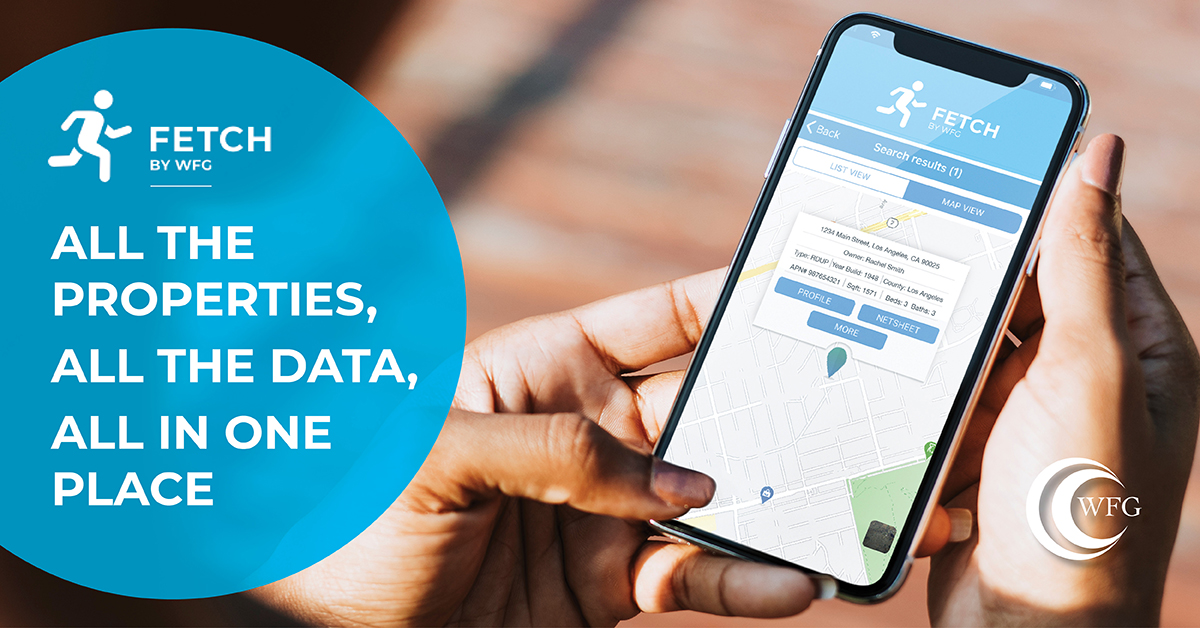Contact me
Amanda Peterson
Business Development Manager
apeterson@wfgtitle.comOffice: 425-453-8880
Cell: 425-417-6406
Fax: 425-453-8881
Place an order
We’ll get you going in less than 5 minutes
WFG will never send you an email asking you to transfer money.
About Me
Joining WFG in 2013, Amanda brought with her a dynamic career spanning the West Coast as a sales manager for a technology startup and a background in client services for a title company. Amanda thrives on finding creative ways to elevate clients’ businesses. Her approach is rooted in listening, building trust, and leveraging a deep understanding of the market paired with cutting-edge tools.
Armed with a BA in Sociology, Ethics, and Human Behavior, Amanda brings a unique perspective to crafting forward-thinking real estate solutions. From 2016 to 2023, she consistently ranked as a top-producing sales performer, earning the prestigious title of the nation’s #1 producer for two consecutive years. These achievements reflect her steadfast dedication to creating value for clients and tailoring strategies to meet their needs.
Outside of work, Amanda enjoys traveling, gardening, and spending time with her family and friends at her cabin near Lake Cle Elum. Confident, optimistic, and always striving to evolve, Amanda is passionate about partnering with clients to help grow their success and make great things happen.
Personal Quote
Because of you, I WILL commit to showing up with solutions that will help you grow your business.”
Answering all your questions
Title is a bundle of rights in real property. Protecting purchasers and lenders against loss is accomplished by the issuance of a title insurance policy. Usually, during a purchase transaction the lender requests a policy (commonly referred to as the Lender’s Policy) while the buyers receive their own policy (commonly referred to as an Owner’s Policy).
In short, the policy states that if the status of the title to a parcel of real property is other than as represented, and if the insured (either the owner or lender) suffers a loss as a result of a title defect, the insurer will reimburse the insured for that loss and any related legal expenses, up to the face amount of the policy, subject to exceptions and exclusions contained in the policy.
Typically there are two policies issued. The Mortgagee’s Policy insures the lender for the amount of the loan. The Owner’s Policy insures the purchaser for the purchase price.
While the function of most other forms of insurance is risk assumption through the pooling of risks or losses arising out of unforeseen future events (such as sickness or accidents), the primary purpose of title insurance is to eliminate risks and prevent losses caused by defects in title arising out of events that have happened in the past. To achieve this goal, title insurers perform an extensive search and examination of the public records to determine whether there are any adverse claims (title defects) attached to the subject property. Said defects/claims are either eliminated prior to the issuance of a title policy or their existence is excepted from coverage. Your policy is issued after the closing of your new home, for a one-time nominal fee, and is good for as long as you own the property.
Immediately contact your escrow officer and notify them if someone is unable to attend or sign the closing documents for any reason.
An escrow is an arrangement in which a neutral third party (the escrow agent) assembles and processes many of the components of a real estate transaction, records the transaction, and ultimately, disburses and distributes funds according to the buyers’, sellers’ and lenders’ instructions. Your transaction is typically closed by an Escrow Officer. People buying and selling real estate usually open an escrow for their protection and convenience. Both the buyer and seller rely on the escrow agent to carry out their written instructions relating to the transaction and to advise them if any of their instructions are not mutually consistent or cannot be carried out. If the instructions from all parties to an escrow party are clearly drafted, the escrow officer can proceed on behalf of the buyer and seller without further consultation. This saves much time and facilitates the closing of the transaction.
Bring government issued identification card like a driver’s license or passport. Identification, must include a picture and signature for notary purposes. In the event that you are a borrower some lenders require two forms of identification so it is always best to have two forms of identification with you.
How WFG is built for you
No matter what side of the transaction you’re on, the ins and outs of real estate can be stressful. But we knew from the start that WFG could make things easier for everyone. Our company is built on five simple cornerstones to serve you better.








